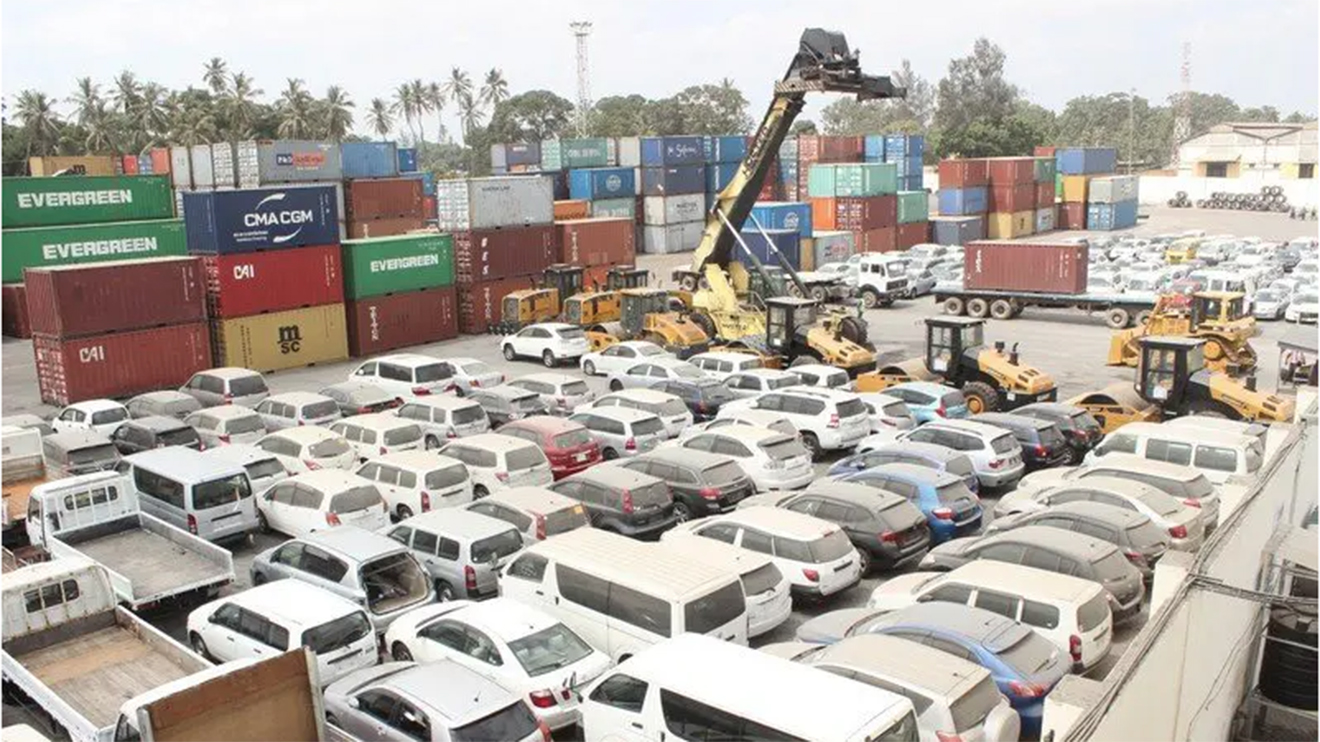Kenyans importing goods are now enjoying significantly faster cargo clearance times, thanks to the Kenya Revenue Authority (KRA) which has significantly improved the efficiency of its customs clearance processes, leading to a substantial reduction in clearance times and a boost in revenue collection.
In the past three years, the average good clearance time has been slashed by a remarkable 61.17 hours, from 112.6 hours in the 2021/2022 fiscal year to 51.43 hours in the current fiscal year.
This reduction, equivalent to approximately two days, is a testament to the KRA's ongoing efforts to streamline its operations and enhance trade facilitation.
The tax authority in a statement attributes this improvement to several factors but primarily to the increased adoption of pre-arrival cargo processing and enhanced system capabilities.
“Enhanced systems capabilities of the Customs Integrated Customs Management System (iCMS) now allow for the declaration of customs entries using the bill of lading as the base document, enabling processing to commence even before the cargo arrives,” the statement read in part.
Read More
This innovative approach allows for customs entries to be processed before the physical arrival of goods, significantly reducing delays.
The adoption rate of pre-arrival cargo processing has surged from 25.28 per cent in 2021/2022 to 40.55 per cent in the current fiscal year.
Furthermore, the KRA has implemented stringent risk management measures, including mandatory inspections of all goods arriving at the Port of Mombasa at their port of origin.
This ensures compliance with quality standards and reduces the risk of non-compliant goods entering the Kenyan market.
“To further strengthen risk management, all goods arriving at the Port of Mombasa must now be inspected at the port of origin,” the authority said.
“This ensures compliance through the issuance of a Pre-Export Certificate of Conformity by licensed inspectors appointed by the Kenya Bureau of Standards (KEBS).”
The enhanced efficiency of customs clearance has had a positive impact on the country's economy.
Customs revenue collections have increased by 4.9 per cent to Sh791.368 billion during the review period.
Oil taxes contributed Sh300.77 billion, representing a 10.3 per cent growth, while non-oil taxes reached Sh490.6 billion.
The KRA's collaboration with the Kenya Trade Network (KenTrade) has also played a crucial role in streamlining the customs clearance process.
The seamless exchange of vital information such as import declarations and supporting documents between Partner Government Agencies (PGAs) has enabled quicker issuance of licenses and permits with minimal human interaction, eliminating unnecessary office visits by importers and customs clearing agents.



 shares a light moment with the company's Group CEO Dr Patrick Tumbo (right) at a past event-1758121528.jpeg)
-1758116028.jpeg)



